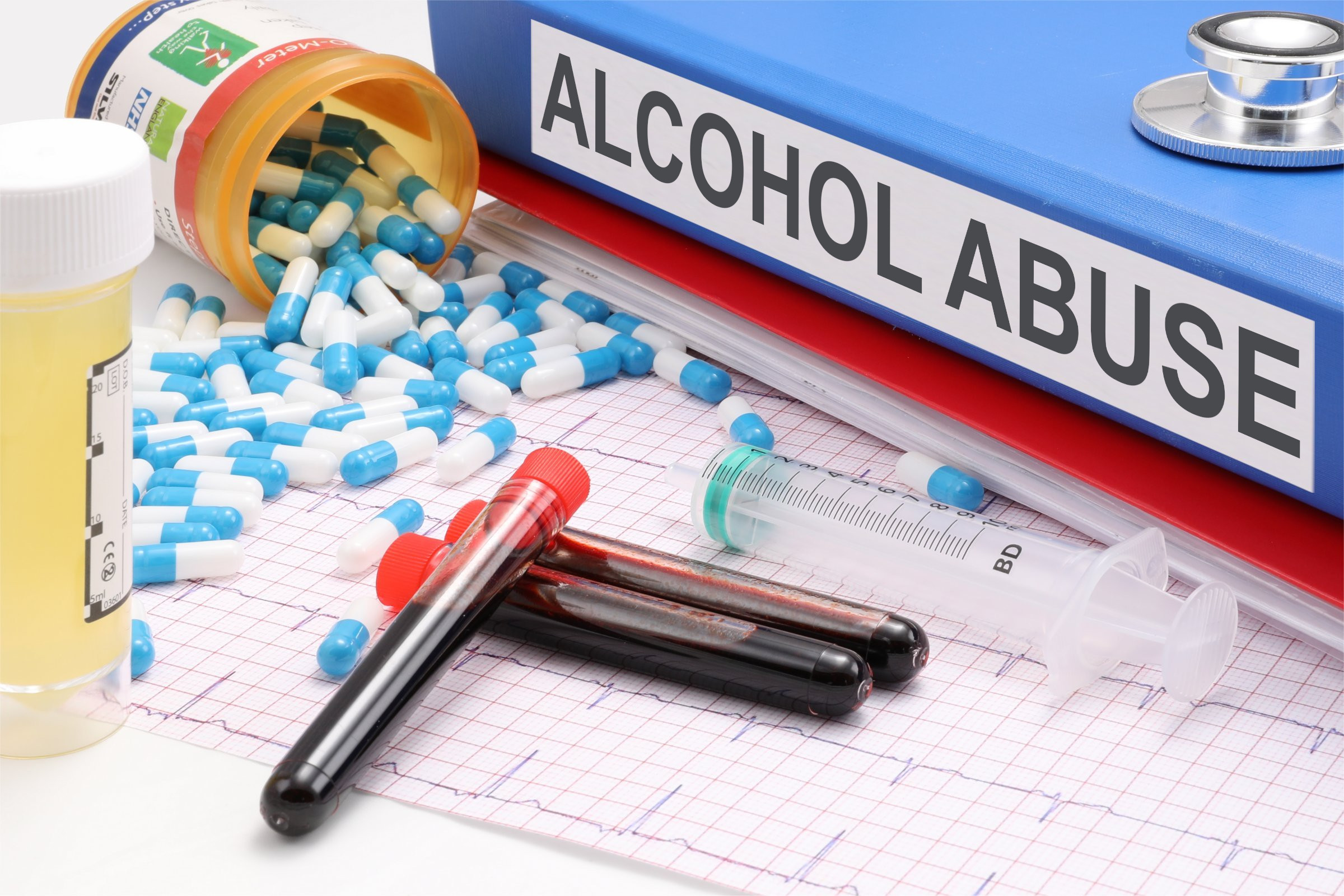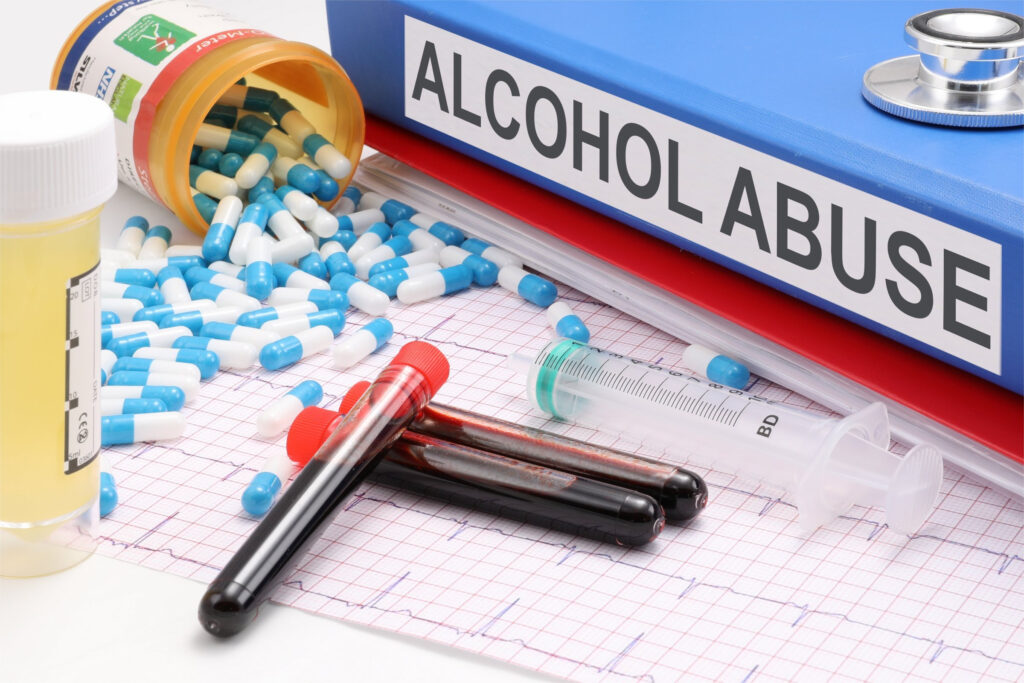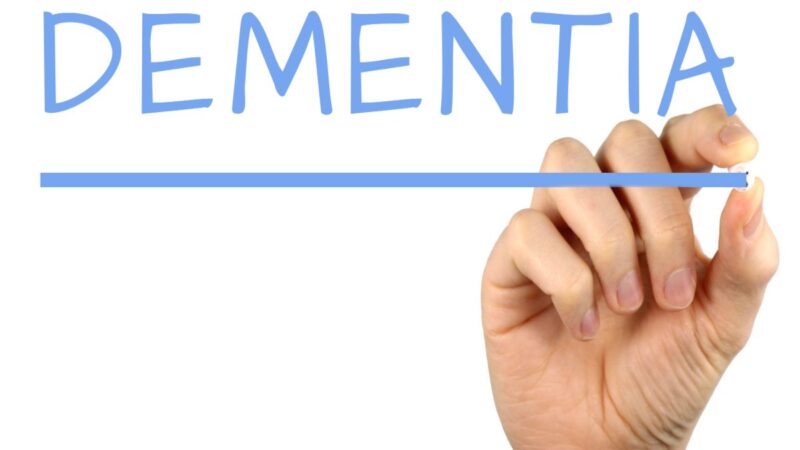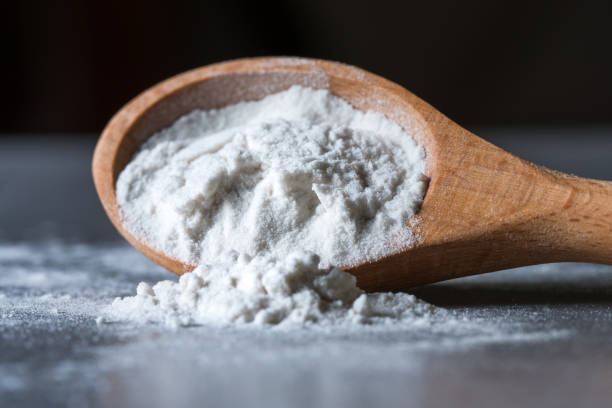Drug Addiction Treatment Principles and Tips for Preventing Substance Abuse

In addition to preventing drug abuse, treatment tries to return people to productive functioning in their homes, workplaces, and communities. According to long-term study, most people who enter and stay in treatment stop using drugs, reduce their criminal activity, and enhance their professional, social, and psychological functioning. Methadone treatment, for example, has been proven to boost behavioral therapy participation and decrease both drug usage and criminal behavior. Individual treatment outcomes, on the other hand, are dependent on the scope and type of the patient’s problems, the appropriateness of the therapy and related services utilized to address aforementioned issues, as well as the quality of the patient-treatment provider interaction.

Addiction, like other chronic illnesses, can be managed successfully. By counteracting addiction’s severe disruptive effects on the brain and behavior, treatment allows patients to retake control of their lives.
Because of the disease’s chronic nature, relapsing to drug abuse is not only possible but also likely, with symptom recurrence rates comparable to those for other well-known chronic medical Diabetes, hypertension, and asthma are examples of illnesses with both physiological and behavioral components.
While there is no one-size-fits-all approach to preventing drug and alcohol addiction, anyone can take efforts to lower their risk of substance usage.
These are the top five methods for preventing substance abuse:
1. Recognize the Stages of Substance Misuse. Substance Abuse Begins With:
- Using addictive drugs for recreational purposes (illicit or prescribed)
- Every time you use it, you’re looking for drunkenness.
- Abuse of prescription drugs
2. Refrain from Succumbing to Temptation and Peer Pressure.
Avoid friends or family members that urge you to use substances if you want to build strong friendships and partnerships. “We become the people we spend our time with,” which means that if you hang out with drug and alcohol abusers, you’re more likely to do so yourself. Teenagers and adults are both subjected to peer pressure. If you want to avoid succumbing to peer pressure, develop a decent strategy for simply saying no, have a strong argument, or plan ahead of time.
3. If you are suffering from a mental illness, seek help.
Substance addiction and mental disorders can go hand in hand. If you have a mental illness like anxiety, sadness, or post-traumatic stress disorder, you should seek professional help from a certified therapist or counselor. An expert can teach you healthy coping methods to help you manage your symptoms without relying on drugs or alcohol.
4. Take a look at the potential dangers.
Examine your family history of mental illness and addiction; several studies have shown that this issue runs in families, yet it is preventable. If you’re more aware of your biological, environmental, and physical risk factors, you’ll be more likely to overcome them.
5. Maintain a healthy lifestyle.
‘When something in their lives is missing or not working, people typically turn to drugs and alcohol. Stress management skills can help you overcome these obstacles and live a more balanced and healthy life.
Make plans for your future goals and dreams. These will assist you in focusing on your goals and recognizing that drugs and alcohol will just get in the way and prevent you from attaining them.
To support a better, addiction-free living, share these substance misuse prevention and avoidance suggestions with your friends and family.
- Unlocking the Secrets: How to Become a Successful YouTuber - March 17, 2024
- Unlocking the Power of Home Loan Calculators: A Comprehensive Guide - March 9, 2024
- Understanding Dementia: A Comprehensive Guide - March 7, 2024






